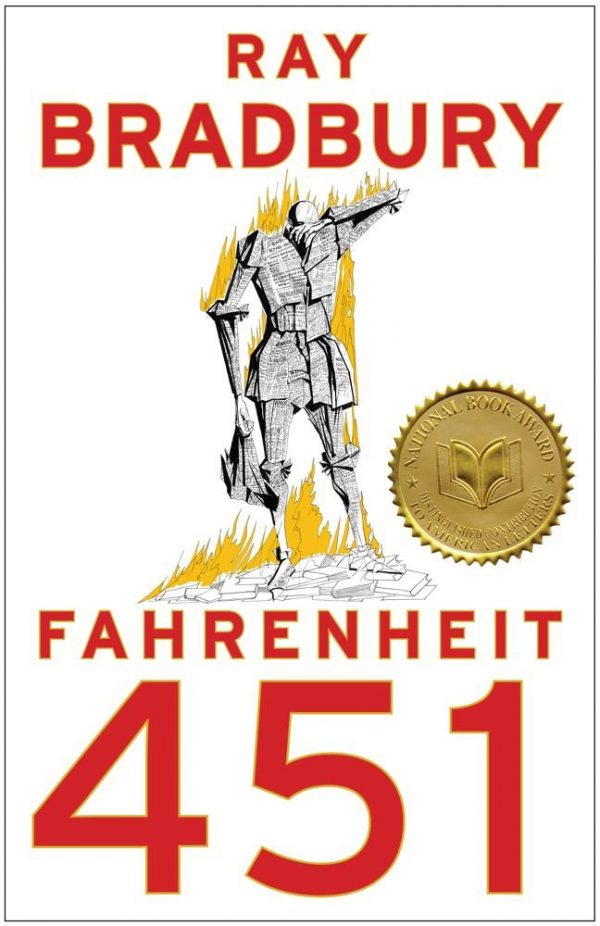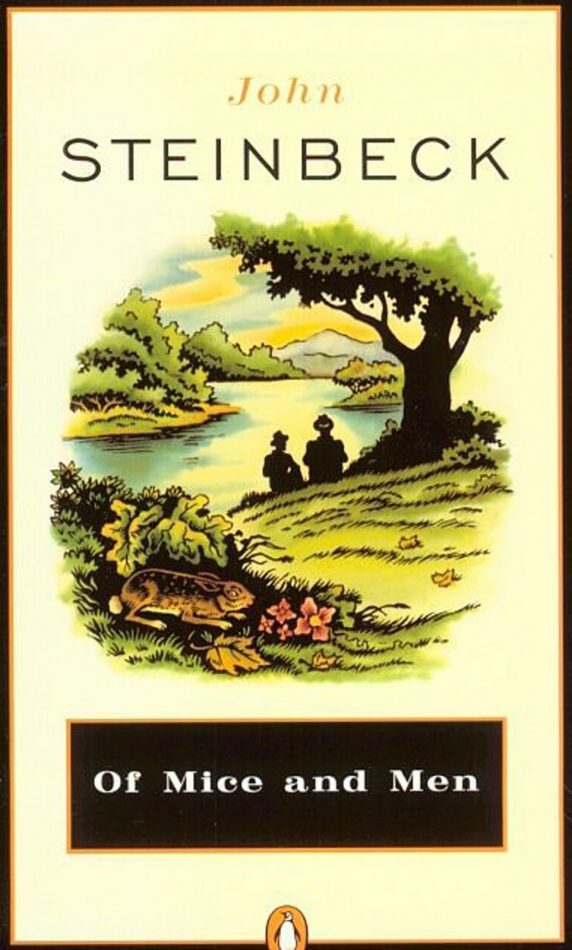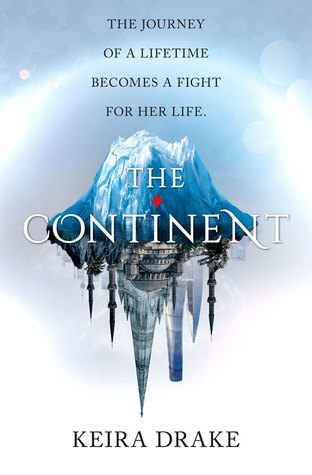If you’ve been following book news, you’ve probably heard that George Orwell’s 1984 hit the best seller list on Amazon. In light of the new Trump administration, the possibility of a 1984-esque existence began to seem more realistic. However, after recently reading a news article from the Chicago Tribune about the rising use of “sensitivity readers” by publishers, I began to wonder if things, left unchecked, could progress to levels of Ray Bradbury’s Fahrenheit 451 proportions — not that either of these fictional societies would be ideal authorial climates.

Source: Amazon
For those who have never heard the term, sensitivity readers are individuals hired by publishers, usually from a minority group, that screen books for potentially offensive language, stereotyping, or misrepresentation of minorities in a manuscript before it goes to print. In some cases, authors will hire sensitivity readers to flag content that is out of context or inaccurately portrayed if writing from a different perspective, such as a white author writing from an African American or Native American point of view, before submitting it to publishers. On the outside, this may seem like a good thing. Especially when it comes to younger readers, who are typically more impressionable.
However, it seems that authors are coming under increased scrutiny from readers for being “culturally insensitive” or even downright racist. Author Kiera Drake was viciously attacked on social media platforms for her YA fantasy novel, The Continent, with critics claiming that her non-white, indigenous fantasy characters portrayed an image that too closely resembled a “savage” Native American stereotype. Likewise, Veronica Roth, author of the insanely popular Divergent series came under fire for her new novel Carve the Mark claiming that it, too had racist overtones. And in one of my previous articles, I mentioned political correctness gone berserk with public pressure to pull the Bad Little Children’s Books, despite its purely satirical nature.
While I’m all for dispelling negative stereotypes and encouraging cultural sensitivity, screening books before they’re put to print is just another step towards outright censorship. Additionally, putting pressure on publishers and authors to pull books that may offend more “sensitive” readers is tantamount to putting a flamethrower in their hands, a la F451. What’s next? Pulling Harper Lee’s To Kill a Mockingbird because some of the characters are racist? Or perhaps Lee just didn’t adequately portray the black community and well — some people might get the wrong idea, so maybe it’s just better to label it culturally insensitive and feed it to the flames. While we’re at it, maybe we should toss Of Mice and Men because it might loosely imply that all mentally impaired people are potential killers.

Source: Amazon
You may think I jest, but where does the madness end? When an author must resort to having their work either pulled from shelves or be reviewed by a “sensitivity reader” to suit a small, but loud group of censor-hungry individuals, perhaps it’s time to reevaluate how far from fiction Bradbury’s work actually is. It’s not out of the realm of possibility — and another reason for this author to pull away from the traditional publishing industry altogether, fame and fortune be damned. I’ll take freedom of speech, thank you.
And to the sensitivity reader who wishes for an author to alter their book, I say this: “The books are to remind us what asses and fool we are. They’re Caeser’s praetorian guard, whispering as the parade roars down the avenue, ‘Remember, Caeser, thou art mortal.’ Most of us can’t rush around, talking to everyone, know all the cities of the world, we haven’t time, money or that many friends. The things you’re looking for,… are in the world, but the only way the average chap will ever see ninety-nine per cent of them is in a book.” ― Ray Bradbury, Fahrenheit 451
And to the writer: “Everyone must leave something behind when he dies . . . Something your hand touched some way so your soul has somewhere to go when you die . . . It doesn’t matter what you do, so long as you change something from the way it was before you touched it into something that’s like you after you take your hands away.” ― Ray Bradbury, Fahrenheit 451
YouTube Channel: Wisecrack
Featured image via The Funambulist




